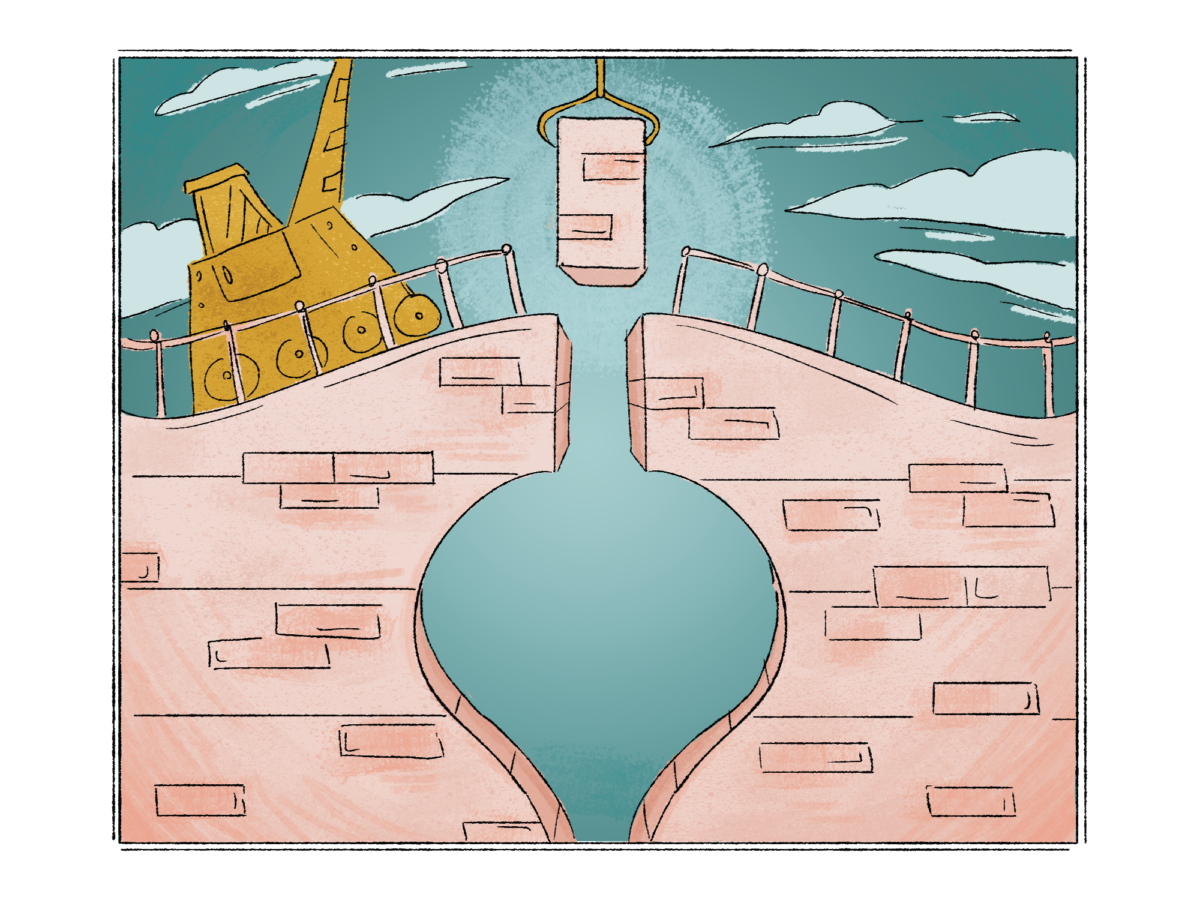On Feb. 16, the English Department of Concordia University launched Créatique, an event featuring a discussion with PhD students about their creative writing and research practices
I attended this gathering held inside the Richler Library seminar room, located in the LB Building of Concordia University. The evening’s host, professor Jason Camlot, gave me more insight into the origins and the objectives of Créatique.
Initially, he noticed that there were a high number of talented poets who were pursuing PhDs in the English and Humanities departments. In the Creative Writing program, students study literature, so they have to explore the connection between literary creation, literary criticism and reflection.
“We thought it could be useful and interesting to have a forum where they could talk about the relationship between their creative practice and their research practice,” said Camlot.
This is an opportunity for people who are not familiar with poetry to learn more about creative processes. At each event, two research artists are invited to read from their work, reflect on it critically and explain their process of incorporating themes and concepts into their writing.
Charlotte Wetton, an AHRC-funded (Arts in Health Research Collective) PhD candidate from the University of Manchester, and Professor Alexei Perry Cox of Concordia’s English Department were the two speakers last week.
Wetton’s poetry focuses on labour, more specifically the impact of gender roles and social class in society. Her creative work addresses concepts from eighteenth-century literature. Wetton’s passion for poetry began when she read novels as a child. The pleasure of reading sparked a curiosity about finding the proper words to express herself.
“When I started writing, it was just so satisfying to find the right words to express something, capture moments and experiences,” revealed Wetton in an interview after the event.
When she began her career, Wetton was unable to find many poems about labour. She decided to spark meaningful conversations about work that were lacking in literature in her opinion.
“Actually, I always feel very nervous before readings. Reading any kind of creative work puts you in a vulnerable place. But when I start, I feel very confident because these are the words that I’ve committed to paper and I enjoy sharing them,” she added.
Professor Cox’s creative work focuses on nationalism, immigration, liberation, and the search for identity, among other subjects. Cox’s curiosity about life and finding ways to escape reality with art fuels her passion. We spoke about her experience that evening and ambitions about poetry.
“I love being in the thrill of it and feeling that exchange of energy with the folks who are present,” said Cox.
“As an academic and creative writer, you’re able to gather and bring ideas together. Those ideas can then become more expansive through activism and have impact daily on larger conversations, especially in terms of policy-making,” she said.
